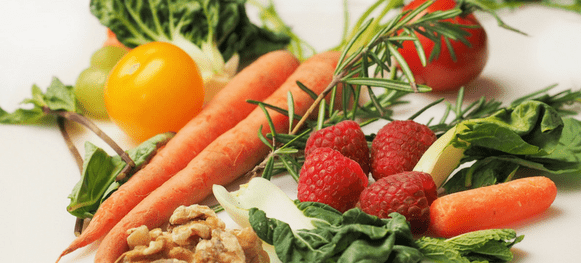
Food is not only medicine, but also a means of disease prevention. Biological medicine and even the recommendations of the World Health Organisation consider this to be the case.
Although from different perspectives, both health watchdogs and holistic medical practice agree on the risk that dietary changes have posed, especially in Western societies; while there is greater food safety and improved standards, there is also an increasing risk of food insecurity, especially in the developing world. increased consumption of processed foods, which have major repercussions on the health and nutritional status of populations.
In its report "Diet, Nutrition and the Prevention of Chronic Diseases", the World Health OrganisationThe report notes that "Nutrition is coming to the fore as an important and modifiable determinant of chronic disease, and the number of cases of chronic diseases is growing steadily. scientific evidence in support of the view that diet type has a major influence, both positive and negative, on health throughout the life course". In addition, they warn that nutritional recommendations influence the health of the individual in the present, but can also influence the development of cardiovascular disease, diabetes or cancer.
What does the WHO mean when it talks about preventable chronic diseases? The WHO talks about the obesity, diabetes, cardiovascular disease, cancer, osteoporosis and dental disease. and estimates, for example, that by 2020 chronic diseases will account for three quarters of deaths worldwide and that by 2025, 228 million people will suffer from diabetes.
How can these diseases be prevented? The recommendations The general guidelines indicate that:
- we have to increase energy expenditureThe reduction of physical activity is one of the factors contributing to obesity.
- y reduce consumption of foods high in saturated fats and refined carbohydrates.
- account must be taken of the biological and social factors of each individual.
Biological Medicine as a model of preventive medicine
The Biological Medicine goes beyond recommendations on eating habits. Considered as the 21st century preventive medicinepromotes the active participation of the individual in his or her health, taking into account physical, psychological, emotional and environmental well-being. In fact, Biological Medicine, without prejudice to its efficacy in the treatment of illnesses, works with the concept of health as the absence of illness, and focuses on the maintenance of a person's good health.
This holistic medical approach is based on the pH balance in our body as a means for the body to function properly. Some foods help us to maintain the pH at a level slightly above 7, i.e. more alkaline, and others cause acidification, which is the state we are trying to avoid if we want to live healthy.
It is generally recommended that the food is rich in:
- food unprocessed
- foods that provide energy and nutrients
- food that do not cause inflammation in the body
In a more concrete way, we can classify foods as follows:
Alkalising foods with a refreshing and relaxing effect on the body: potatoes, nuts in small quantities, fresh fruits and green vegetables such as green beans, borage or peas. Also, spices such as curry powder, parsley, coriander, soy sauce and tamari.
Foods that act as acidifiers: acidic foods such as vinegar, honey, unripe fruit, tomatoes, currants, citrus fruits or too much sweet fruit, and acid-producing foods such as meats, sausages, cheese, refined vegetable oil, coffee, black tea and alcohol.
There is a direct link between inflammation in rheumatic diseases and nutrition. As Dr. M. O. Bruker points out in "Rheumatism: prevention and cure from a holistic point of view", "wear and tear of the musculoskeletal system can only occur when the metabolism of joint tissue, tendons, bones and cartilage is disturbed by nutritional errors".

